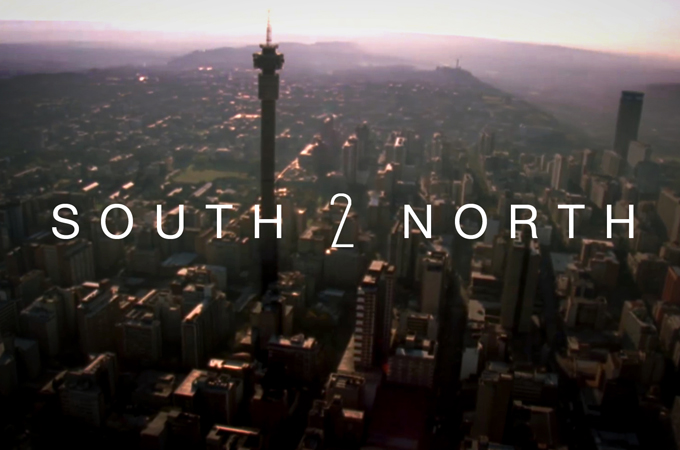
Africa’s tryst with space exploration
Will Africa emerge as a leading global science frontier as South Africa co-hosts the world’s largest radio telescope?
|
No subject is off limits – Redi Tlhabi talks frankly to inspiring and intriguing personalities from across the world. |
Do you ever gaze at the stars and wonder how it all began and whether there is life out there? If so, the answers may come from unexpected quarters.
Money is being pumped into space exploration in countries like China and India. South Africa recently won a bid to co-host the world’s largest radio telescope – a project that could see Africa emerge as a leading global science frontier.
Keep reading
list of 4 itemsHong Kong’s first monkey virus case – what do we know about the B virus?
Why will low birthrate in Europe trigger ‘Staggering social change’?
The Max Planck Society must end its unconditional support for Israel
So what discoveries do they have in store for us? And how will the region benefit as a whole?
This week on South2North, Redi talks to three scientists about the latest developments in space exploration. She is joined in studio by Square Kilometre Array (SKA) research chair Professor Oleg Smirnov from Russia; Chinese-American astrophysicist Dr Hsin Cynthia Chiang; and development expert Fumani Mthembi.
Smirnov explains that the SKA will be a massive array of radio telescopes with the total area being a square kilometre: “It is going to be the world’s biggest and most sensitive radio telescope, more sensitive by a huge margin to what we have right now …. Astronomy fundamentally tells us about the universe and what the universe looks like, so getting to learn more about that I think is fantastic for humanity as a whole.”
Chiang explains that while at the beginning of the project they may not know what they will find, the advances in this field have given the world many useful tools such as GPS and Wifi.
“Pure science is a wonderful vehicle for advancing technology,” Chiang says. “So it is always a bit of a hard sell because with pure science you cannot say you are working towards curing cancer in medicine for example, or engineering where you can say you are building the next big thing or solve some problem.”
“Pure science is blue-skies research and it is hard to advertise it as having a specific application, but pure science also has the benefit of producing wonderful scientific spin-offs … such as the internet, which resulted from high-energy physics research. Another example is GPS, which would not have been possible without general relativity, developed by Einstein,” Chiang adds.
Asked what we can learn from astronomy and why we should encourage spending in this area, Smirnov says, “I think first of all astronomy teaches us to be humble. I mean we really are just a tiny dot, on a small rock, orbiting a ball of gas. So it teaches us that our place in the universe is not special at all, but at the same time teaches us by the same token how precious we are to be able to be sitting on this tiny ball of rock discussing these questions.”
South2North can be seen each week at the following times GMT: Friday: 1930; Saturday: 1430; Sunday: 0430; Monday: 0830. |
